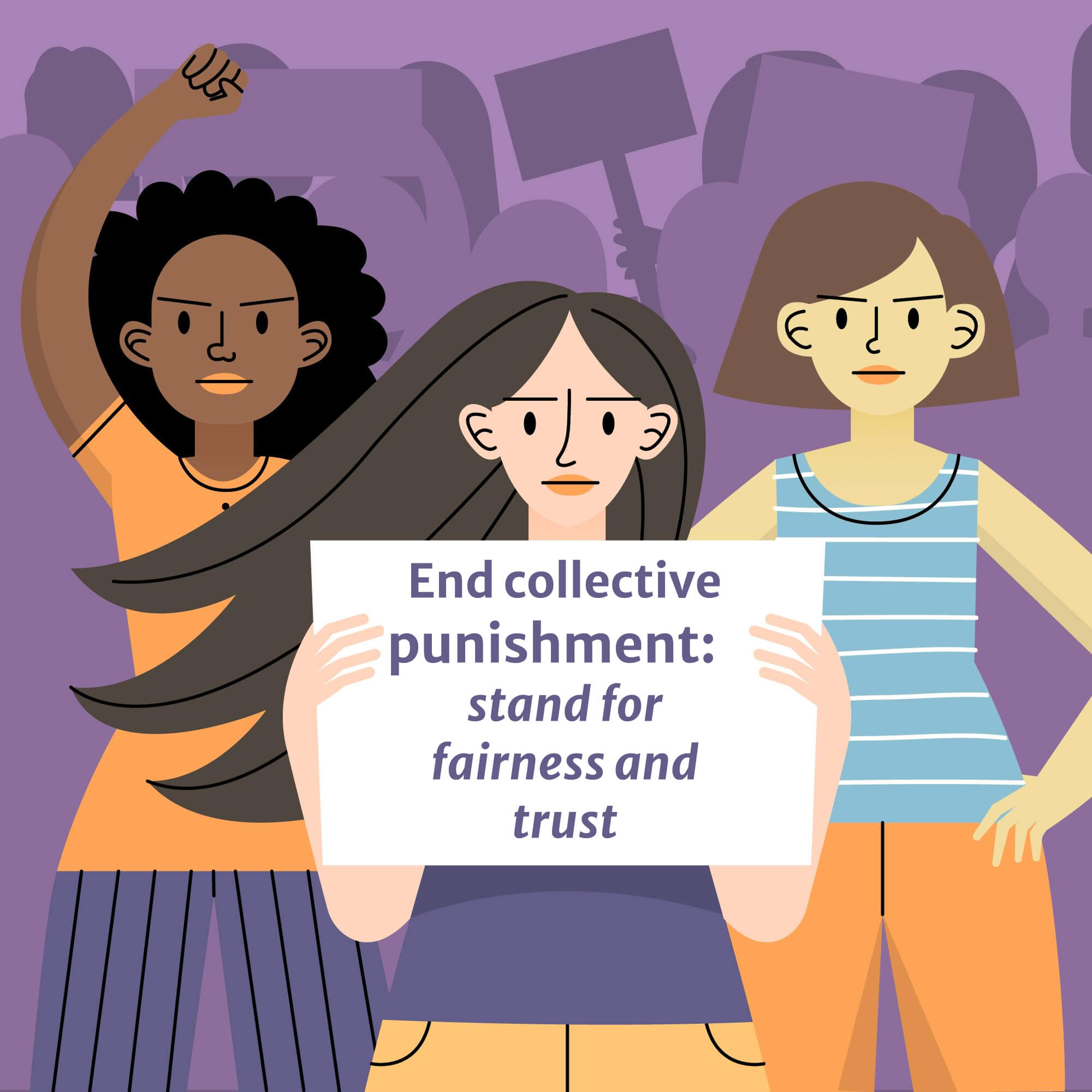Learn what laws, policies, and procedures apply to your child’s education—so you can advocate from a place of knowledge, not guesswork.
How to use this strategy
Before you can effectively advocate, you need to understand what the school is obligated to do—and what your child has a legal right to receive. This doesn’t mean you need a law degree. It means learning the key principles that shape how supports and decisions should be made.
Start by reviewing:
- Your school district’s Code of Conduct, IEP policy, and suspension procedures
- The BC Ministry of Education’s Special Education Manual
- The BC Human Rights Code, especially protections for disability and family status
- Any collective agreements that affect teacher or support staff responsibilities
- The School Act, which governs how public education is delivered in BC
This might sound overwhelming, but you don’t have to read everything at once. Look for summaries from advocacy groups, check your district website, or ask someone you trust to walk through the key pieces with you.
-
Right to no discrimination
Every child has the right to learn and belong at school without being treated unfairly because of who they are. In British Columbia (B.C.), this Right to No Discrimination means public schools must welcome all students on equal terms, regardless of their race, Indigeneity, colour, ancestry,…
-
Help me!
When something goes wrong at school—when your child is harmed, excluded, or denied support—it can be hard to know where to turn. The process feels opaque by design. Most school districts require you to “try to resolve the issue at the school level”…
Knowledge protects your child—and it protects you from being gaslit into thinking a denial of support is just how the system works.
What to watch out for
Once families begin learning their rights, it’s natural to want to assert them. But here’s the hard truth: if you start by quoting laws, schools often respond by pulling away. Emails go unanswered. Meetings get delayed. Relationships get tense.
That doesn’t mean you shouldn’t know the law. You absolutely should. But it does mean you need to use that knowledge strategically.
A lawyer once told me that even if we won our case, the amount of time and emotional labour it would take to settle would leave me worse off than if I just got a minimum wage job. And that’s with a solid claim.
So instead of saying,
“According to Section X of the Human Rights Code, this is illegal,”
consider saying,
“From what I understand, students with disabilities are supposed to be accommodated so they can participate fully. How can we make sure that happens here?”
You are still asserting a right—but you’re doing it in a way that invites collaboration, rather than escalating conflict. Schools often rely on parents not knowing the rules. The more clearly and calmly you understand them, the harder it is for people to ignore your voice.
Prompt for families
What are my child’s rights—and how can I use that knowledge to advocate with confidence, not conflict?
-
The 123s of advocacy strategy
These strategies are practical steps you can take to help your child access support—whether you’re just starting out or navigating a complex situation.











Leave a Reply